

Kristín Hulda Gísladóttir
images:
Elías Rúni
@eliasruni
Kaupa verk eftir Elías Rúna
translation:
In recent years mental health has become a hot topic and there has been a tremendous increase in awareness about the importance of discussing mental well-being and seeking help when needed. There is a lot of talk about nurturing mental health and methods for doing so. An open discussion about emotions and any kind of mental problem is extremely important because it increases understanding and reduces prejudice. However, for the discussion to be useful there must be a certain understanding of what mental health is. When information and advice about mental health come from many sources and different individuals, the definition of mental health can become confusing and overwhelming.
Do you always have to feel good? Does everyone need to meditate, practice yoga and see a psychologist to have the potential for good mental health? What is mental health?
A good way to understand mental health is by placing it in the context of physical health, as mental health is just as an integral part of an individual’s health. Just as we are not always physically healthy, we are not always happy and carefree. Good mental health is about balance; being able to experience both good and difficult feelings. Good mental health is when one generally feels well and can deal with adversity and the challenges of daily life.
An illness can be very serious, rather mild or anything in between, that goes for both mental and physical illness. Sometimes an illness needs to be treated with the help of professionals and sometimes it can be treated without their help. Thus, mild mental difficulties can be likened to the flu and colds. An example of this is when we have days where we are feeling blue or are more stressed than usual without those feelings lasting long, recurring or having a significant impact on our lives. In such cases, it is important to take care of yourself and to try to reduce the symptoms. Most of us know how to get rid of a cold, but it is equally important to learn what works for each individual to reduce feelings of discomfort, stress and all other difficult feelings that can arise in daily life.
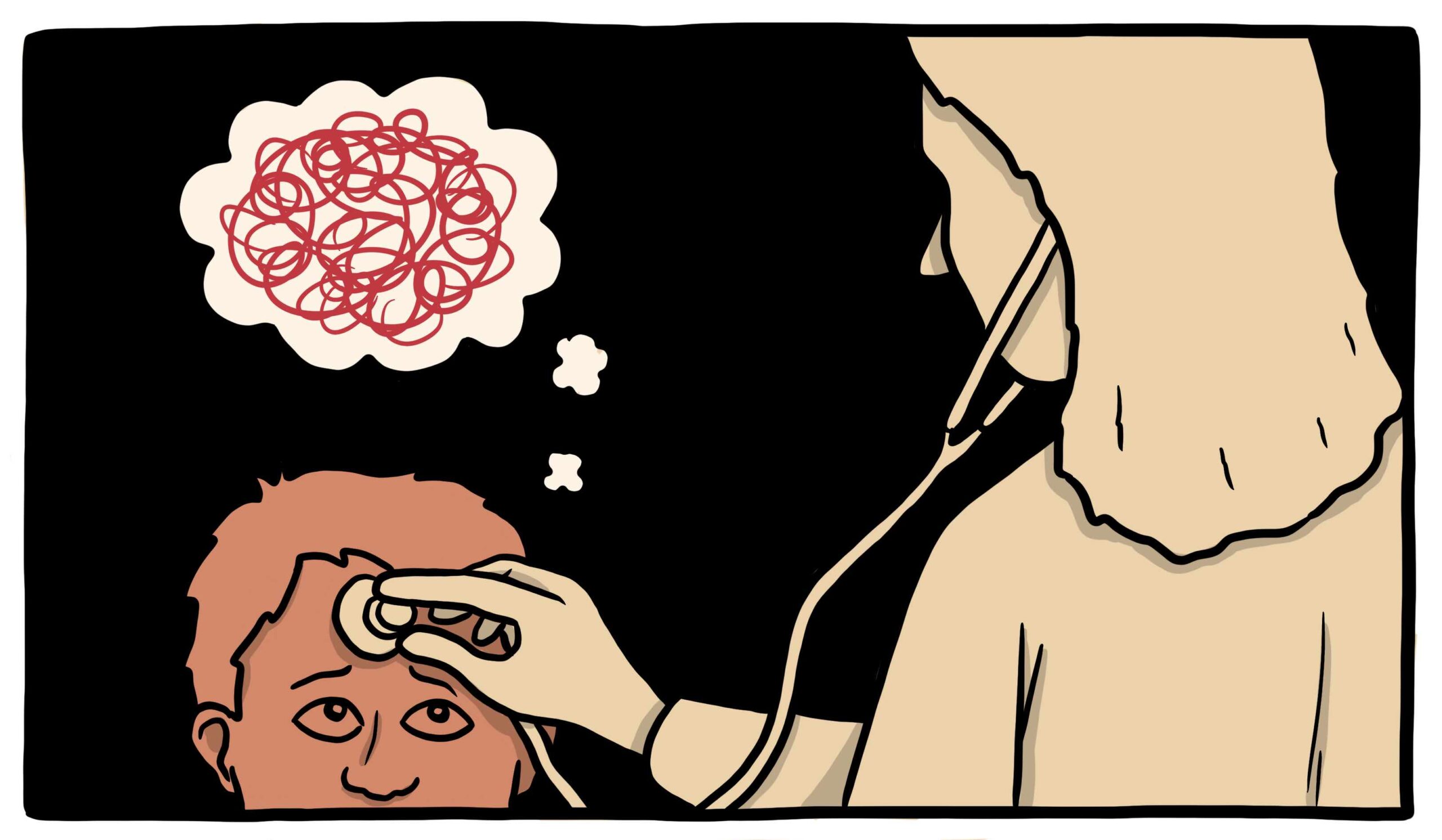
Sometimes an illness is too serious to be treated without professional help. When a person develops pneumonia, they seek medical attention and when a person experiences more severe psychological symptoms, they should seek professional help. It is common for people to assume that their problems are not serious enough to seek help and to compare their problems to those of others, movies, books or the like. Such a comparison is not useful. If in doubt as to whether assistance is needed, a professional opinion should be obtained. You do not have to have a fully-fledged mental disorder to get help, many people like to seek professional help when they are having a difficult time, if they have some kind of a communication problem or are going through a difficult personal experience such as the end of a relationship or losing a loved one. If you experience mental difficulties but do not feel that they are serious enough to seek help, it is good to keep in mind that they could be the beginning of a more serious problem.
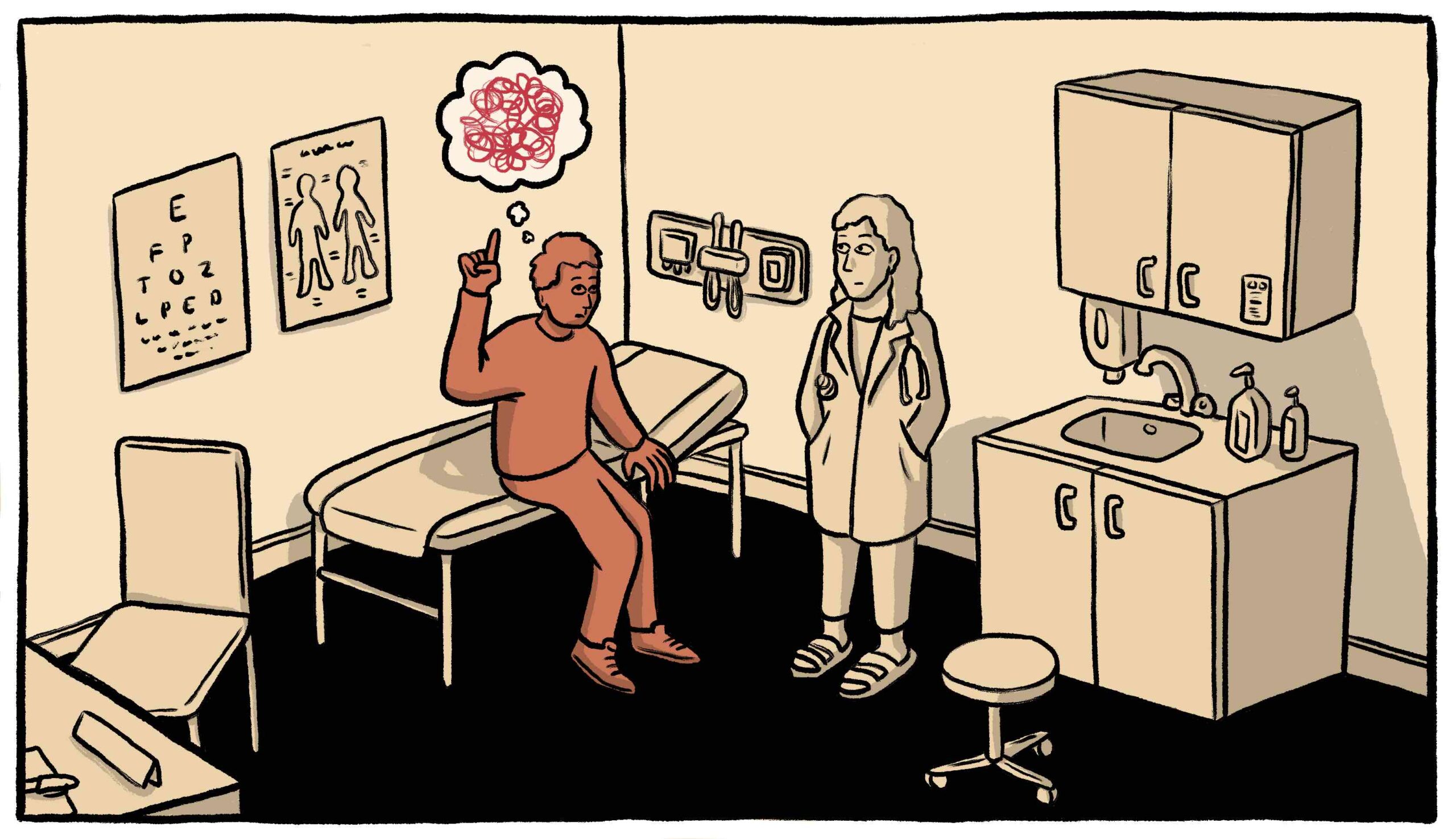
It is important to know common symptoms of mental disorders and to be alert to mental illness and difficulties. Mental illness can creep up on people. Symptoms often escalate over a long period of time and it is easy to become accustomed to them, consider them normal and try to toughen up and get through them that way.
The Icelandic myth that it is a sign of virtue to stay tough no matter the circumstance has undoubtedly played a large part in the nation’s mental problems.
It is important to realize that mental health affects everyone. No one goes through life without getting a cold and in the same way everyone experiences mental difficulties at some point. Heredity and the environment determine how serious the psychological problems we will experience will be, just as those factors determine how severely ill or physically injured we become throughout life.
Everyone needs to take good care of their mental health. The way to do so can vary enormously depending on the individual and the extent of the problem. Some people practice yoga or meditate daily. For others, it may be enough to resort to yoga or meditation when their mental health is deteriorating, and for still others, such remedies are of little use. For many, it is important to get enough sleep and exercise. What works for one does not necessarily work for another. Each of us needs to find mental health advice that works for us, get in tune with how we feel and seek help when our mental health gets worse. It is often said that good health is the most important thing we have in life and that also applies to mental health. It is essential that individuals, society and the government prioritize mental health in order to promote better well-being and a better quality of life.
— — —
You can read more about mental health, emotions and mental disorders at gedfraedsla.is.
(available in Icelandic, English and Polish)
Information about resources can be found at https://gedfraedsla.is/hvert-get-eg-leitad/
(available in Icelandic, English and Polish)
It is worth noting that if you seek help from someone who does not have an operating license from the Directorate of Health, that person is not obliged to follow rules of procedure or code of ethics, and you can not report that person or their work methods to the Directorate of Health. The Directorate of Health issues operating licenses for psychologists, doctors, nurses, social workers, alcohol-and drug counselors and other professions. Job titles such as consultant, therapist, specialist, clinical consultant, clinical professional and psychotherapist are not legally protected job titles and are not subject to any laws.
— — —
The author is a psychologist.
Do you support Vía?
Vía counts on your support. By subscribing to Vía you contribute to the future of a medium that specializes in, and puts emphasis on equality and diversity.
Vía, formerly known as Flóra, was founded 4 years ago for critical readers that want to dive underneath the superficial layer of social discussion and see it from an equality, inclusion, and diversity perspective.
From the beginning, Vía has covered urgent societal topics and published issues and articles that have shone a light on inequality, prejudice, and violence that exist in all layers of society.
We emphasize publishing stories from people with lived experiences of marginalization.
Every contribution, big and small, enables us to continually produce content aimed to educate and shine a light on hidden inequalities in society, and is essential for our continuing work.
Support Vía
Kynlífsverslunin Losti — miklu meira en bara sala á varning


My Right to Exist
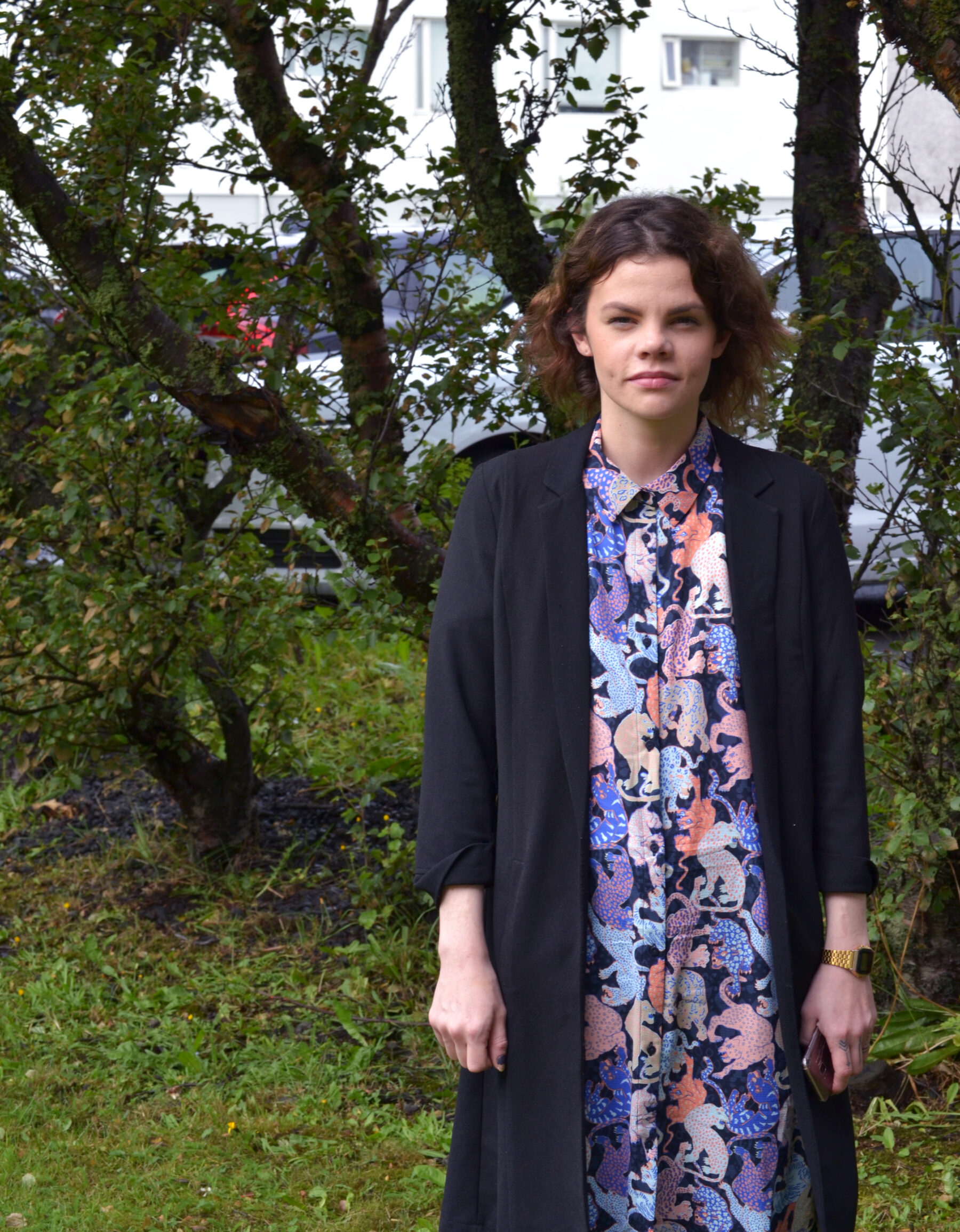

Veganism: Backfire Effect


Resources for Marginalized Groups, Accessibility and Impediments
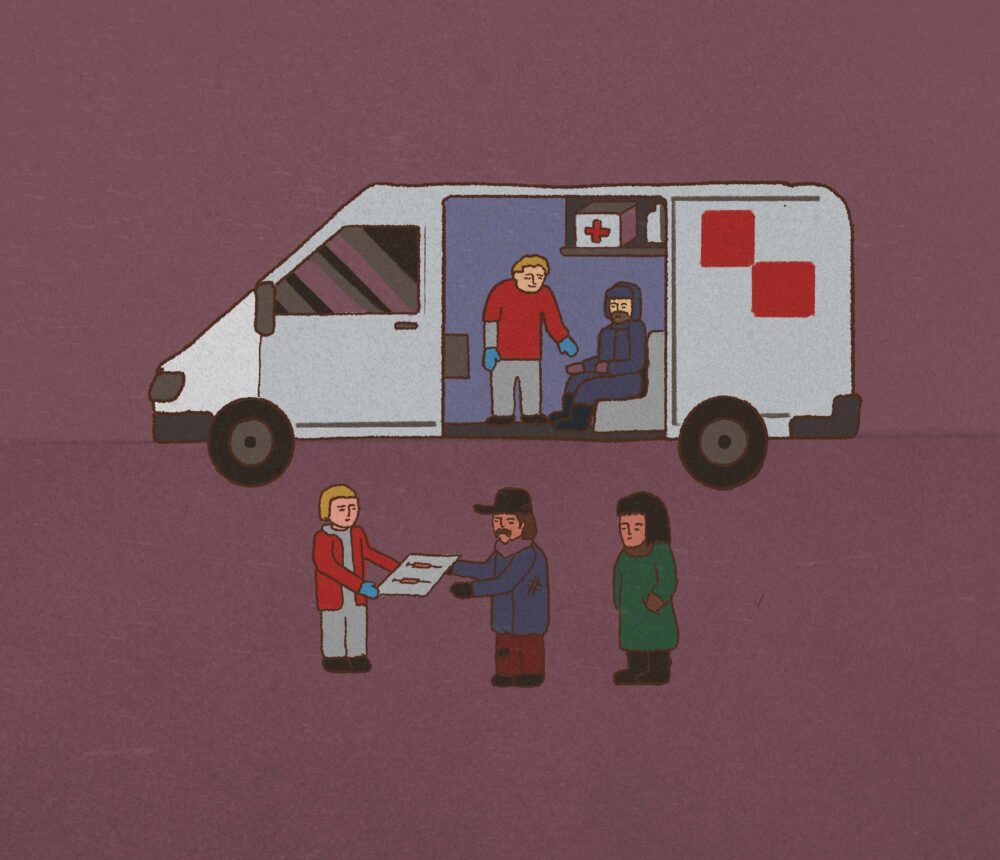
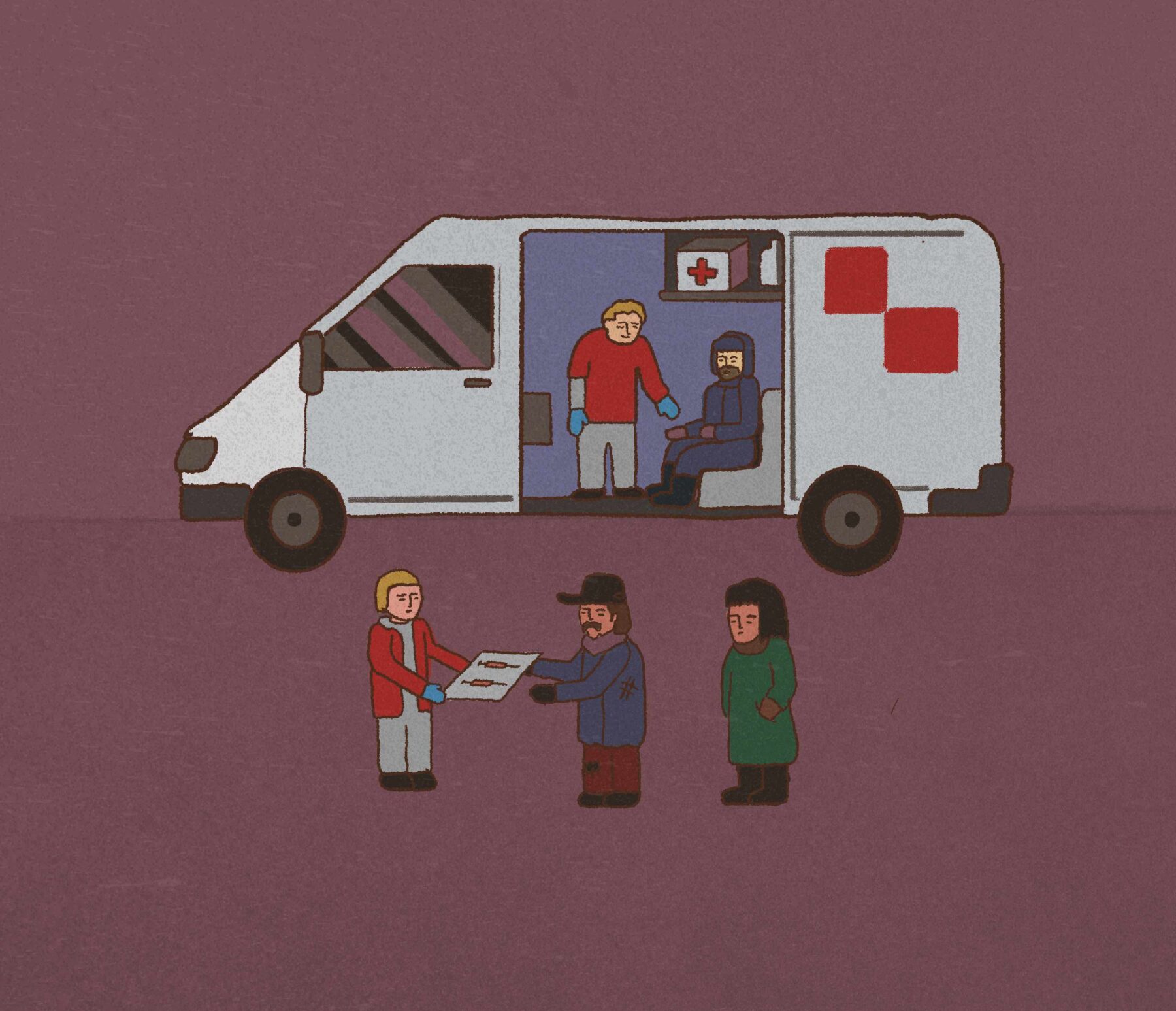
Read more about...